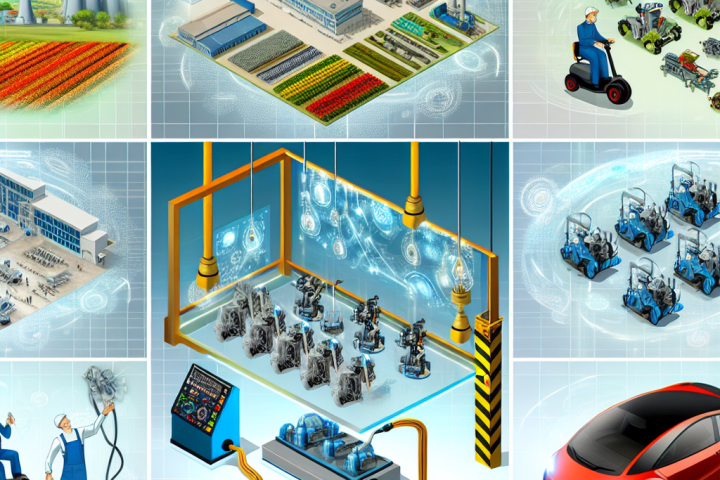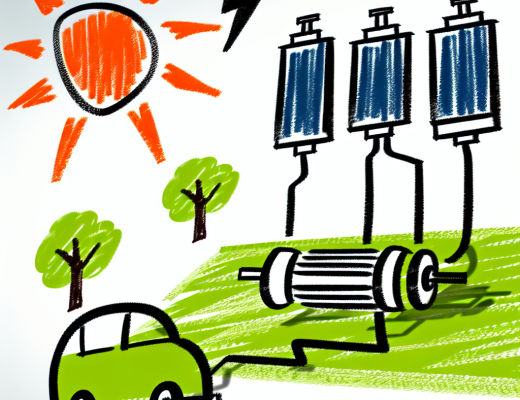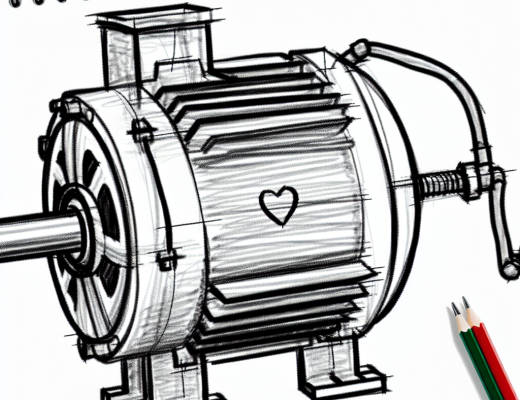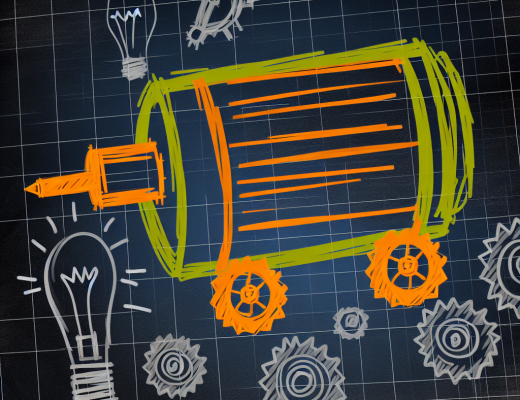Electric motors are fundamental to the evolution of various industrial sectors, transforming everything from automotive manufacturing to renewable energy generation. Their ability to efficiently convert electrical energy into mechanical power is key in driving innovations and operational improvements across a broad spectrum of applications. As essential components in modern technology, the demand for more sophisticated and efficient electric motors continues to grow.
Advancements in Electric Motor Technology
Recent developments in electric motors focus on enhancing efficiency and reducing environmental impact. Innovators in the field, like VYBO Electric, are introducing materials and design techniques that minimize energy loss and enhance performance. These advancements not only contribute to the sustainability of the industry but also reduce operational costs, making electric-powered solutions more attractive for businesses and consumers alike.
Moreover, the integration of smart technologies into electric motors has led to improvements in system monitoring and maintenance. IoT-enabled devices and AI algorithms can now predict failures before they happen, schedule maintenance automatically, and even optimize the motor’s performance in real-time based on immediate operational conditions. This not only extends the lifespan of the motor but also ensures it operates at peak efficiency, further driving down energy use and associated costs.
As industries continue to adopt more sustainable practices, the role of electric motors becomes increasingly critical. With ongoing research and technological innovations, these essential components are set to become even more integral to our global efforts in reducing emissions and achieving a more sustainable future. Electric motors thus represent not just a link to modern industrial capabilities but also a bridge to the next generation of environmental stewardship.




